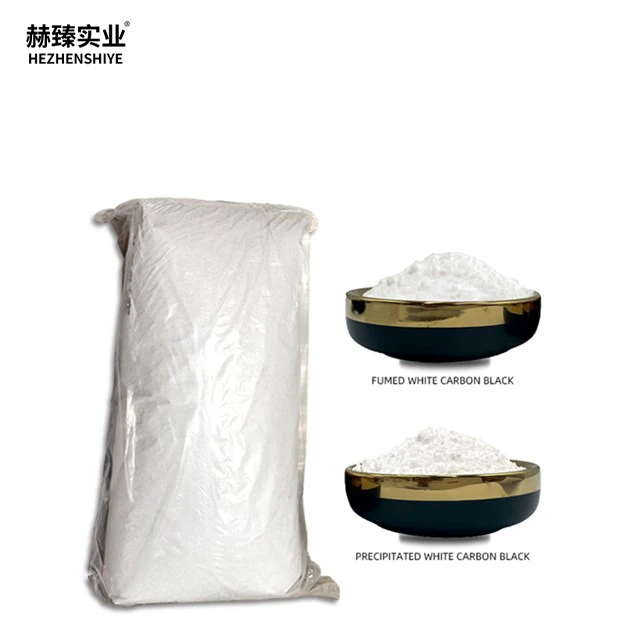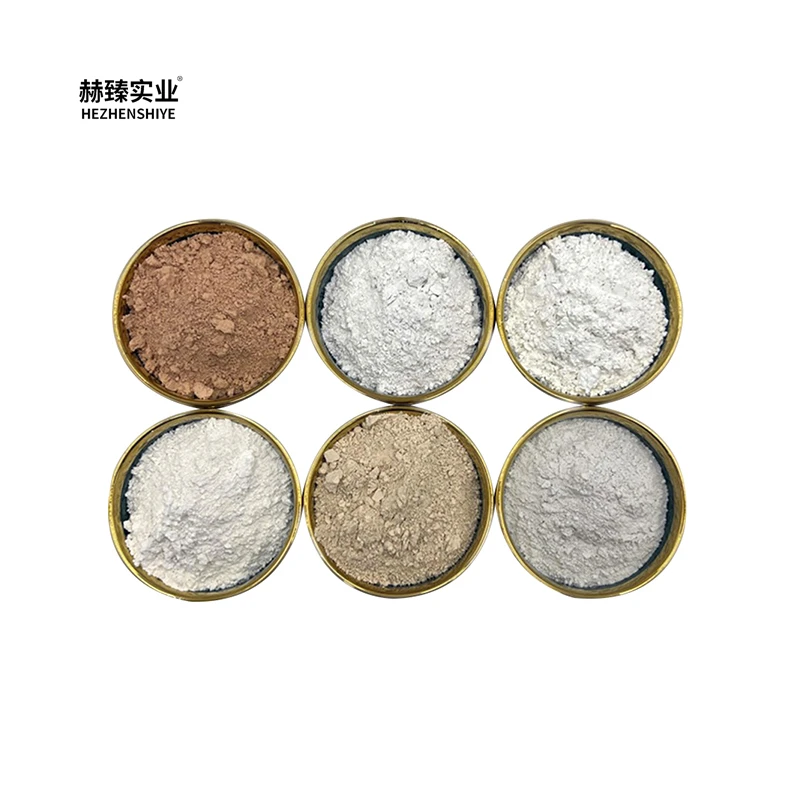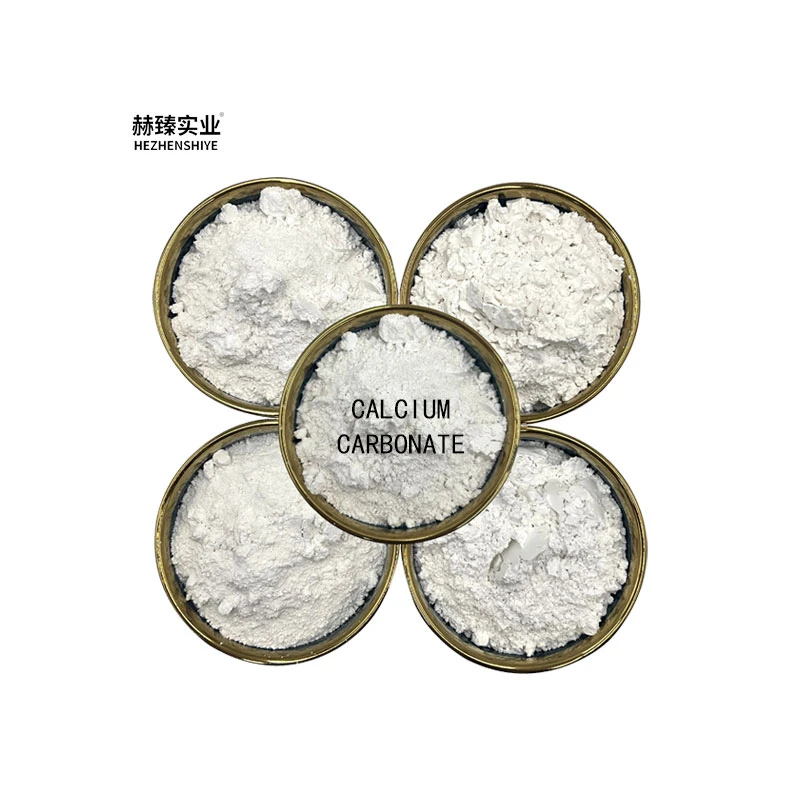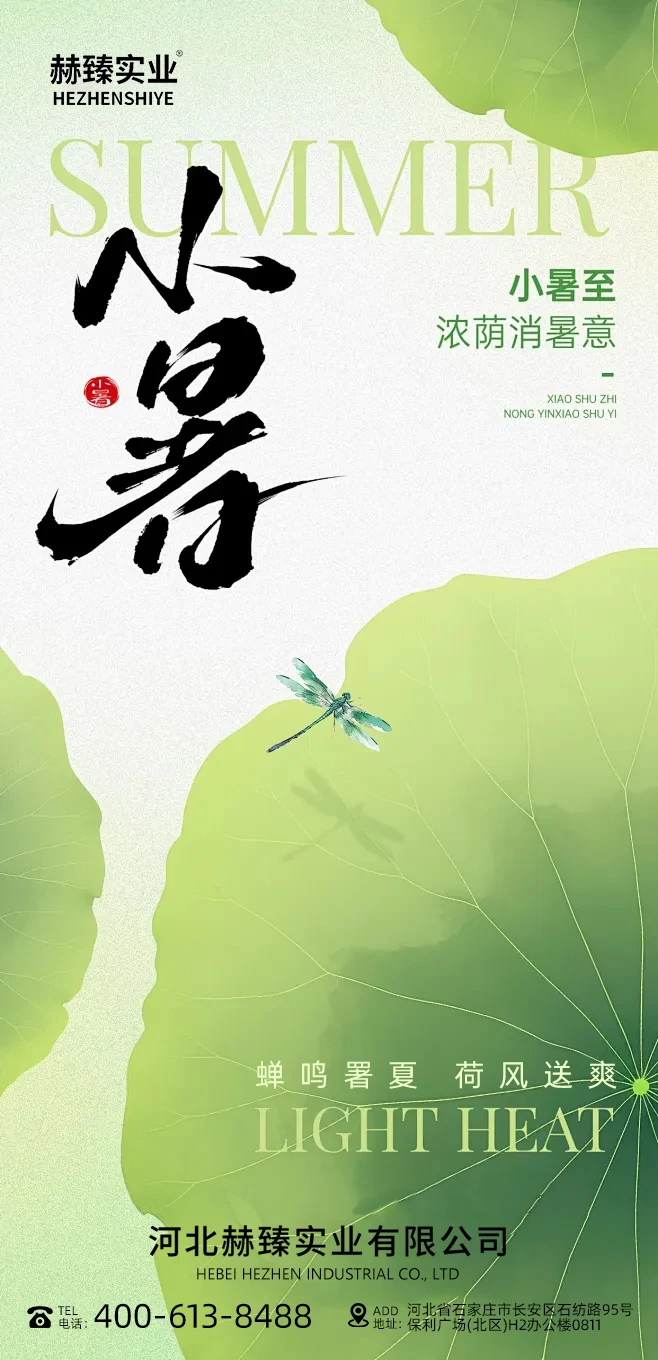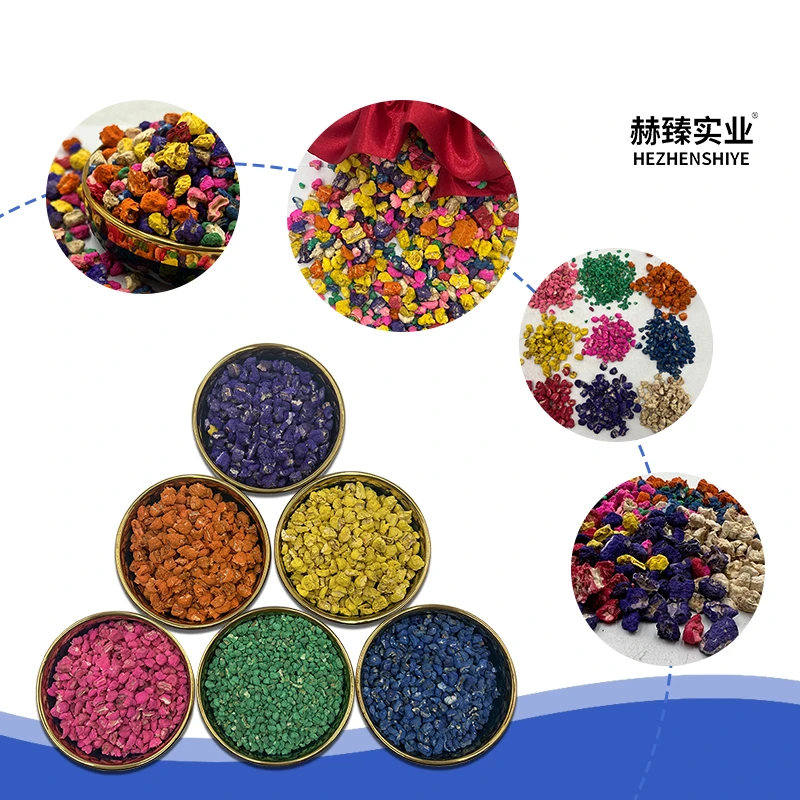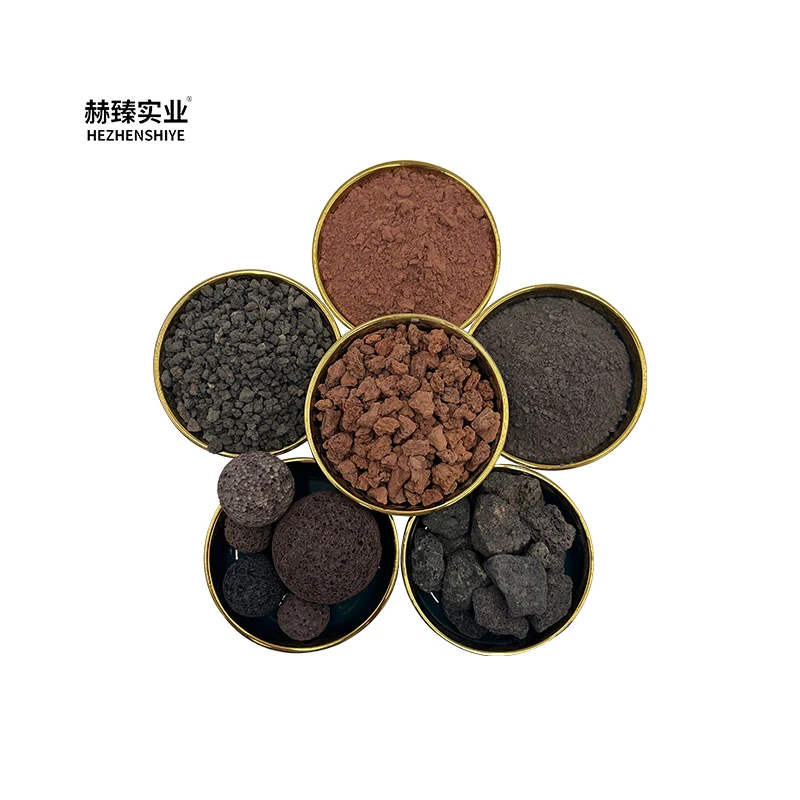Xiaoshu Folklore Stories and Celebrations of the Season
Xiaoshu, the eleventh solar term of the Chinese lunar calendar, is a time-honored occasion rich in vibrant folklore and deep-rooted traditions that paint a vivid tapestry of cultural heritage. This pivotal moment, signaling the onset of intense summer heat, has inspired generations to develop customs that blend spirituality, community, and reverence for nature.
In the heartland of China, where agriculture forms the backbone of livelihoods, Xiaoshu is a time of anxious anticipation and fervent prayer. Farmers, attuned to the rhythm of the seasons, engage in elaborate rain-seeking rituals. They visit local temples, burning incense and offering sacrifices to the rain gods, beseeching for timely downpours to quench the parched earth. This isn't mere superstition; it's a testament to humanity's age-old reliance on nature's whims for survival. Historically, a well-watered Xiaoshu meant lush crops of rice, wheat, and millet, ensuring families could weather the coming months. Conversely, drought during this period spelled hardship, making these prayers a matter of existential importance.
Along the coastlines, Xiaoshu unfolds as a spectacle of color and energy with exhilarating dragon boat races. These aren't just sporting events; they're a living homage to Qu Yuan, the revered poet and statesman who, legend has it, drowned on the fifth day of the fifth lunar month. As teams of paddlers, their muscles straining in unison, slice through the water, the rhythmic thud of drums and the roar of spectators create an electric atmosphere. Each stroke of the oar is a nod to Qu Yuan's unwavering integrity, and each victory a celebration of communal strength. These races also serve as a social adhesive, drawing people from all walks of life—from fishermen to shopkeepers—to cheer, bond, and share in the summer spirit.
But Xiaoshu traditions extend beyond rituals and races. In many regions, families gather to prepare seasonal delicacies like mung bean soup, believed to cool the body and ward off summer heat. Children partake in games, such as flying kites or catching fireflies, creating memories that will last a lifetime. The elderly pass down stories of yore, ensuring that the wisdom of the past isn't lost to time.
At its core, Xiaoshu is a microcosm of Chinese philosophy, emphasizing harmony between humans and nature. The rain prayers highlight our dependence on the environment, while the dragon boat races underscore the power of collective action. These traditions aren't relics of the past; they're living, breathing manifestations of our hopes, beliefs, and the deep-seated yearning for connection. They remind us that, despite modern conveniences, we remain intertwined with the natural world and bound by shared cultural threads. As the drums of the dragon boat races echo and the smoke from incense offerings rises, Xiaoshu continues to bring communities together, fostering a sense of unity and preserving a heritage that spans millennia.
Kế tiếp
This is the last article






